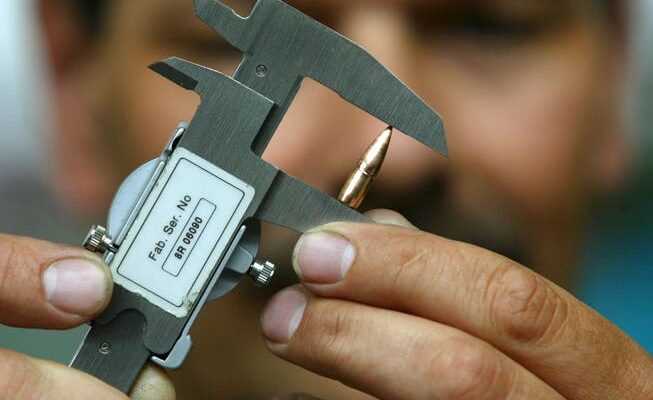Switzerland is experiencing a similar twilight of the gods as Germany. The war confuses things we take for granted. Bern’s hesitation is also a sign of the Federal Council’s weakness in leadership.
Leaving the decision on sensitive armament policy decisions to the administration is evidence of poor crisis management at the federal level.
The Russian invasion of Ukraine is also an attack on the West. The Kremlin is trampling on the basic conditions for peaceful coexistence and coexistence among civilized states: Russia disregards international law, the sovereignty of the neighboring country and the freedom of its own citizens. It is the struggle of a nihilistic regime against the principles of the Enlightenment.
It is in the very best interests of European democracies to resolutely oppose this attack on their own value system. The Ukrainian army has not just been defending the West with its resistance against the violence emanating from the Kremlin since February 24, the day of the Russian invasion. The military situation is better than expected: With the supply of weapons from the West, Ukraine even has a chance of operationally defeating the Russian army – at least for the moment.
It should actually be a matter of course that the Western European states support Kyiv. But the discourse about arms deliveries to Ukraine in Germany is an example of a twilight of the gods in societies spoiled by peace. Politics in Berlin is struggling to make heavy equipment available. One embarrassing statement follows the other.
Argumentative relief arrow hits the mark
Now Switzerland is also experiencing an apparent moment of shame. During the talk show by Markus Lanz on the second German television, the Greens politician Marieluise Beck, former member of the Bundestag, blamed Switzerland for the fact that Germany could not deliver Marder-type armored personnel carriers to Ukraine because the right ammunition was missing: “Switzerland is not willing to sell this ammunition to Ukraine because they want to keep their banks free for Russian money,” Beck claimed.
In fact, the State Secretariat for Foreign Trade (Seco) rejected a German request for the delivery of this ammunition with reference to the Arms Export Act. The administration in Bern also rejected indirect support for Ukraine via a third country, as the Swiss public was surprised to learn on German television.
It is disputed that the ammunition for the machine gun on the Marder tower is only available in Switzerland. Apparently the bullets could also be supplied by a German company. The German politician uses the negative Seco decision to poison across the national border. A relief arrow to distract from the failure of German politics.
But the verbal tip hits: Bern does not cut a good figure in this war. With every new development, the Federal Council seems taken aback. There seems to be no anticipation of events.
Once again, this reveals the weakness of the federal government’s crisis management. The Federal Council does not seem to want to see the war as a comprehensive crisis. The situation is monitored in the silos of the individual departments. The analysis remains incomplete. Possible developments are not recognized. There is a lack of politically supported guidelines for action for the administration.
Political discussion instead of administrative decision
It should therefore come as no surprise that Switzerland is also part of the supply chains of the European armaments industry. Likewise, that at some point politically and legally sensitive inquiries will arrive. But in Bern, the decision was left to Seco. This responded to the request from Germany true to the letter of the Arms Export Act, the text of which comes from better times. It was last tightened six months ago.
It is ironic that Gerhard Pfister, of all people, whose middle party played a key role in the morally correct adaptation, is now loudest in claiming an equally moral emergency. But as far as content is concerned, he is right, as is so often the case: under the constitution, the Federal Council has the power to allow the export of weapons components to Ukraine – and thus to protect Switzerland’s foreign policy interests.
But the state government should have had an in-depth political discussion on this question in recent weeks – including a contemporary interpretation of the law of neutrality, which dates back to the early 20th century.
Freedom and democracy outweigh neutrality as values. Bern has to question its political maxims just like Berlin. Indirect arms deliveries via a third country would have to be compatible with the law of neutrality. This would be the correct Swiss point of view today.
